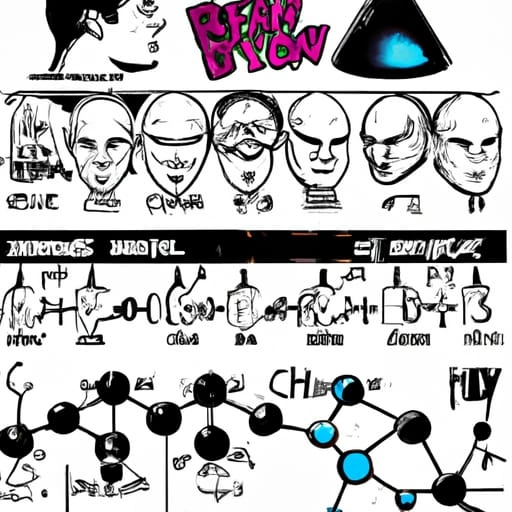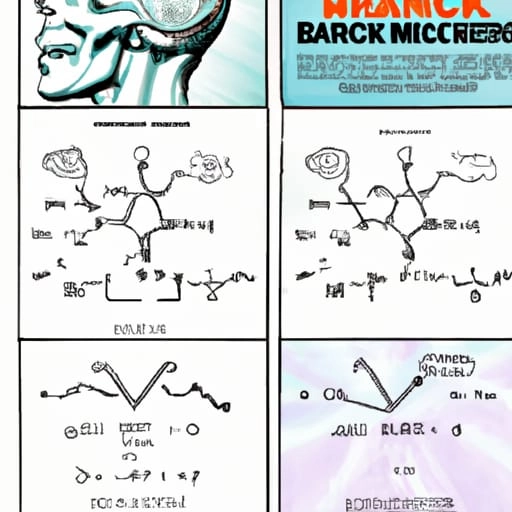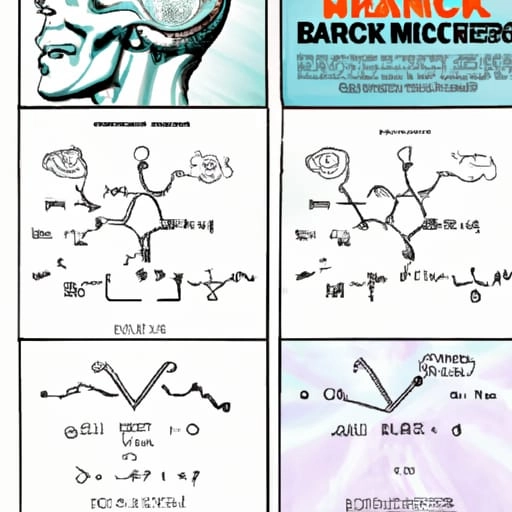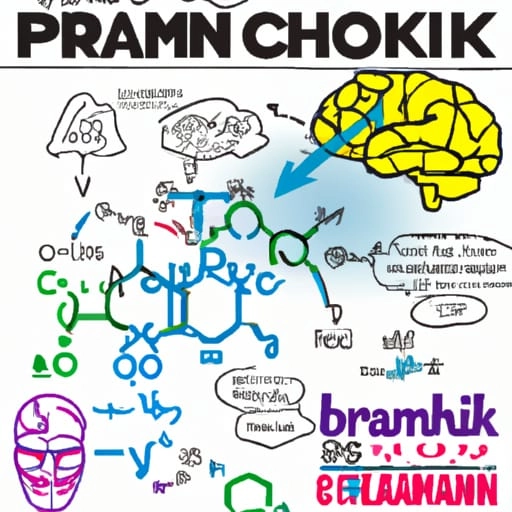Who Says You Have a Mental Disorder?

Table of Contents
What are mental disorders? People are diagnosed with a mental disorder when they exhibit a behaviour that is judged by society to be problematic either to themselves or others.
A patient so diagnosed may agree that their behaviour and its associated feelings and thoughts is a problem, or they may not.
Their agreement is not usually needed for them to be diagnosed with a mental disorder. This is usually the judgement of a doctor or other health professional.
It is quite possible for you to be happy with your thoughts, feelings and behaviours but a doctor may judge that they are a problem
A key determinant of whether behaviour is considered a mental disorder is the amount of control a patient has over this behaviour. If they have limited or no control it is considered an illness, of which a disorder is a sub-category, but if they are judged by society that they ought to be able to control this behaviour then it is not a disorder but a misdemeanour, and sometimes a crime.
Nearly all psychiatric diagnoses are clinical judgements. That is to say for most there is no blood test or imaging that can say whether or not a person has such a mental disorder and it comes down to a doctor or a psychologist to determine whether the disorder exists according to their clinical judgement.
A psychiatrist, Allen Frances said
‘Psychiatric diagnosis still relies exclusively on fallible subjective judgements rather than objective biological tests.’
https://www.acpjournals.org/doi/10.7326/0003-4819-159-3-201308060-00655
However, we see the same symptoms clustering together and the same features of behaviour, emotions and personality reappearing with enough consistency to identify patterns and call them diseases.
People who have anxiety have similar symptoms. The same is true for people with obsessive-compulsive disorder, and people with Borderline Personality Disorder.
Even without blood tests and imaging to diagnose these disorders, we can be reasonably certain that these disorders exist as disease entities.
It’s also true to say that people who have these disorders find their symptoms unpleasant to say the least, and would agree that there is something unhappy going on with the functioning of their thoughts and feelings.
People with a psychotic illness often do not realise they are ill, but mostly they do not enjoy their delusions and hallucinations. They may have paranoid ideas that those doctors and nurses who claim to want to help them are lying and are instead motivated by dark forces, but they are rarely happy in their illness.
For a disease like Bipolar Affective Disorder, again a disease without a test to its name whose diagnosis is made by paying attention to a cluster of symptoms and signs, people usually enjoy the manic phase of the illness and do not consider their excitability, speeding mind and other features to be a problem to them.
Their behaviours, caused by this illness, are often a big problem to those around them and they often end up being hospitalized (and treated) against their will.
Mostly, when the mania has passed, they look back and recognise they were ill.

Developmental Disorders
This leaves another group of disorders, whose origin seems to be rooted in the person themselves and their genetic inheritance. It should be said that there are other views about the development of these ‘disorders’.
I am thinking about mainly Autistic Spectrum Disorder, Attention Deficit Hyperactivity Disorder and Psychopathy. Psychopathy is not a current psychiatric diagnosis, but it does appear to be a cluster of objective behaviours and subjective feelings.
All of these three ‘conditions’ appear to be on a spectrum, so that someone can have autism with all the features maxxed out and they can not really function independently in life. The same is true for ADHD and probably for Psychopathy.
But most people with features of these conditions will be somewhere in the middle in terms of severity of symptoms.
I would argue that rather than being disorders they just represent sub-types of human.
The ‘normal’ subtype is also a subtype but because the majority of people fall into this group, the others are measured against it and found to be different and their behaviour gets called a disorder even when the person who has ASD, ADHD, Psychopathy might be pefectly happy with the way they are until other people tell them they are different, wrong and abnormal.
ASD
Most of the accountants of the world probably have a degree of ASD, many solicitors (not the lawyers who go to court and put on a grand act, but the ones who trawl through all the case files and do the detailed, painstaking work), most pharmacists and mathematicians, probably most engineers all have a strong traits of ASD.
This is their superpower! Their attention to detail, the richness and depth they bring to this detailed work is a great gift to humanity. People within the ‘normal’ majority are just not capable of this level of granular focus.
ADHD
People with ADHD think very quickly. They make rapid decisions that are good enough to work, if not thoroughly thought out. Their ideas spark all the time. They are creative; they are capable of having a hundred ideas a minute that the majority just can’t manage.
The creativity and quickness of mind of people with ADHD is their superpower. They focus on something for a second then move on, then move on.
They leave doors open behind them because the door is gone. They can’t follow directions because their mind has moved on to a thousand things since that first thought.
If you need someone to make rapid decisions and come up with creative solutions, you need someone with ADHD.
See Dani Donovan’s wonderful ADHD Comics Website
Psychopaths
Psychopaths have got a bad name. The key feature here seems to be that they do not really have social feelings. They do not have empathy much. They do not understand shame. They lack fear. These seem to be negative qualities and you might ask why would evolution (or God, depending where you’re coming from) produce people like this?
Then think about soldiers, and police officers. Think about fire fighters and surgeons. You do not want someone squeamish or timid doing these jobs. You want someone who is fearless and able to do things where the majority would hesitate and waver.
And then when they’ve done their job, they can relax and get on with things without being wracked and disturbed by what they’ve had to do.
Psychopathy is a superpower too.

What Are Mental Disorders? Conclusion
Despite the lack of clinical tests or imaging procedures to diagnose them, mental disorders such as anxiety, OCD, schizophrenia, bipolar disorder and depression exist.
We know this because for each of those we see the same clusters of behaviours, perceptual and emotional disturbances that cause the sufferers real problems.
There are also mental disorders such as psychosis and mania where a patient might not know they have a disorder and may not even be currently suffereing.
When we come to developmental disorders, I do not feel that they are the same kind of thing.
I certainly feel that these last three groups of people are not ‘disordered’ at all, and that they represent different types of humans who have been produced by nature because their skills benefit us all.
I do not count ASD, ADHD or Psychopathy as disorders, despite the D in the initials.
As such, I am happy with the trend to label these kinds of people as “neurodivergent,” which respects the facts that these differences probably exist at the brain level and they were born with them, and that it’s not a disorder, it’s just divergent from the statistical majority.







